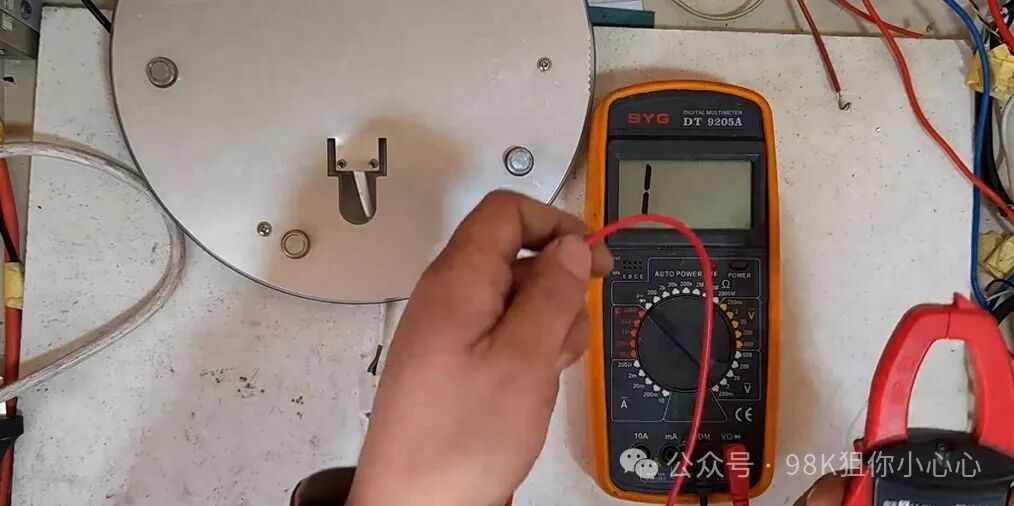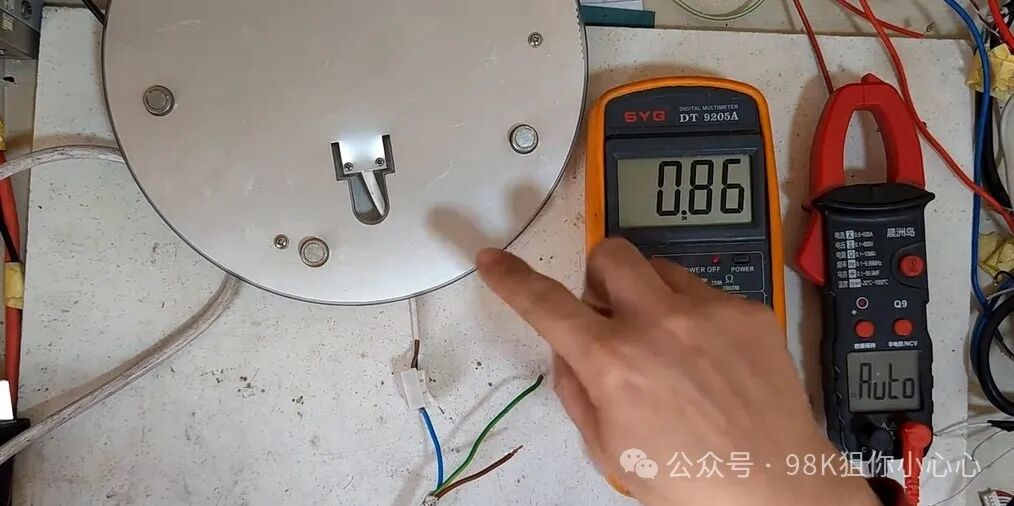
A few days ago, I went to help a friend fix a circuit, only to realize I had forgotten my multimeter at home. My friend looked at me eagerly, his face saying, “Master, please show your skills.” I slapped my forehead and remembered a trick my mentor taught me years ago—using my tongue to measure voltage! My friend burst out laughing, thinking I was joking. To be honest, I understood his reaction; it sounded like a death wish. But after I demonstrated it, he was left speechless.
Honestly, this method is a bit “wild,” but in the electrician community, it’s a time-honored emergency technique. Especially in remote areas where even mobile phones struggle for signal, this trick can really save the day. Today, I’m sharing this “secret technique” with everyone, but let me clarify: This is definitely not a recommended standard practice, it’s just a last resort when absolutely necessary.
■ Why Can the Tongue Measure Electricity?
The principle behind this is quite interesting. Our tongues are filled with nerve endings and taste buds, making them very sensitive to small electric currents. When a weak current passes through the tip of the tongue, we can feel a distinct sour tingling sensation. It’s like a built-in “biological multimeter” that can roughly determine whether a circuit is live and the voltage level.
To be honest, when I first heard my mentor talk about this method, I was skeptical. It wasn’t until one time in the mountains when I was repairing a line and the multimeter battery died that my mentor demonstrated it for me, and I was truly convinced. The tingling sensation is unforgettable.
■ How to Operate?

First, it’s important to clarify that this method only applies to low-voltage direct current! What is low voltage? It refers to batteries, dry batteries, button batteries, generally not exceeding twelve volts. Don’t be foolish and lick your home’s power outlets! That could be fatal!
Next, here are the steps to operate:
● Pinch both ends of the battery (positive and negative) with your fingers.
● Lightly touch the tip of your tongue to your fingers (do not lick the battery directly!).
● If you feel a slight sour taste or tingling sensation, it means the battery still has power.
● The stronger the sensation, the higher the voltage.
Here’s a little tip: different voltages have different “flavors.” A 1.5-volt dry battery will give a slight sour taste; around 3 volts, you’ll feel a noticeable sting; and a 9-volt square battery feels like your tongue has been bitten by an ant—very sharp!
I remember once visiting my grandmother in the countryside and found her radio was not working. Without any tools, I used this trick to check, and sure enough, the battery was dead. My grandmother was dumbfounded, thinking I had some kind of magic, which made me laugh heartily.

■ Limitations of This Method
Having discussed the benefits, as a responsible electrician, I must mention its limitations:
● Only provides a rough estimate of voltage presence and level, not precise values.
● Only applicable to safe low-voltage direct current, absolutely do not measure alternating current!
● Individual sensitivity varies, some people may not feel it clearly.
● If you have cuts on your hands or ulcers on your tongue, it’s best not to try.
To be honest, if I have a multimeter available, I would never use this primitive method. But as an emergency measure, it can indeed be helpful in critical moments. As we often say, “A true expert is not just someone who knows how to use tools, but someone who can find solutions even without them.”
Next, I want to discuss what I believe is the more important part—safety knowledge. Although we talked about this wild method, electrical safety should never be taken lightly. I have witnessed tragedies caused by electrical accidents, and I never want to see that again. Let me emphasize again: This method is only applicable to safe low voltage; household 220-volt alternating current should never be tested this way!

■ Safer Emergency Alternatives:
If you forget your multimeter, there are actually some safer alternatives than using your tongue:
● Use a voltage tester pen: small, easy to carry, many electricians keep one in their tool pockets.
● Mobile voltage testing apps: combined with simple probes, they can achieve basic measurements.
● LED bulbs: connect across the circuit, brightness can roughly reflect voltage levels.
● Simple paper voltage tester: made with pencil lead and paper, can test low-voltage circuits.
At this point, I can’t help but recall a true story. Last year, I went to a remote village to help repair solar street lights, only to find the control board was faulty, but I had forgotten my multimeter in the car, which was parked far away. An old local electrician saw me struggling and laughed, saying, “Kid, why not try the old method?” Then he demonstrated the tongue voltage measurement method. At that moment, I truly felt the wisdom of the older generation of electricians; sometimes, seemingly simple methods contain rich experience.
【Final Reminder】

Even though I shared this “wild method”, I must emphasize again: if you can use standard tools, don’t resort to this method! Electrical safety is no small matter; it’s better to make an extra trip to get the tools than to take risks.
It’s quite interesting to note that this folk method is known by almost every electrician, but few would openly discuss it for fear of misuse. The reason I dare to share it today is that I hope everyone can understand this emergency technique while also placing greater importance on electrical safety. We are dealing with electricity, not playing house.
Have you ever encountered a situation where tools were not at hand, but you had to solve a problem urgently? What makeshift methods did you use? Or do you know other wild tricks in the electrician community? Feel free to share your stories and experiences in the comments!
By the way, if you are a novice electrician, don’t rush to try this method. First, learn the standard operations well and master safety knowledge—that’s the right path. Do you think this traditional skill should continue to be passed down, or should it be completely replaced by modern technology?
I’m curious, after reading this article, who would you share it with? Is it that friend who always says your job is easy, or that relative who is curious about electrical work? Perhaps this article could give them a whole new perspective on the electrician profession!